Cuban prisoners forced to work making cigars and charcoal for export to Europe, report claims
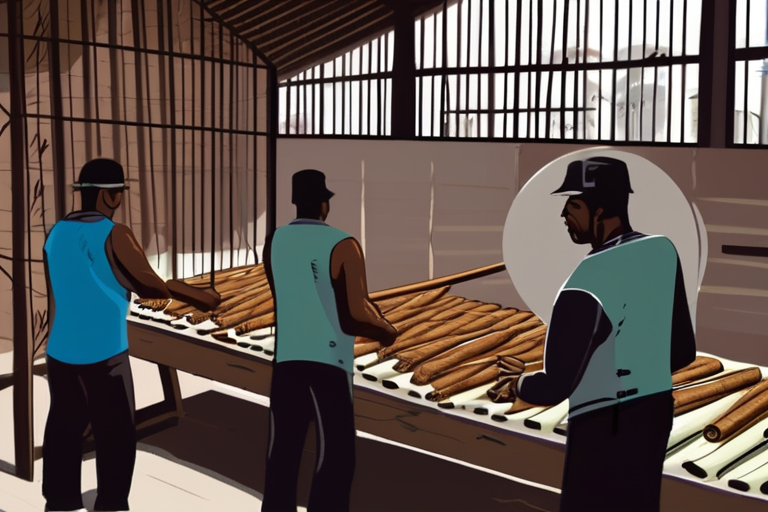

Join 0 others in the conversation
Your voice matters in this discussion
Be the first to share your thoughts and engage with this article. Your perspective matters!
Discover articles from our community
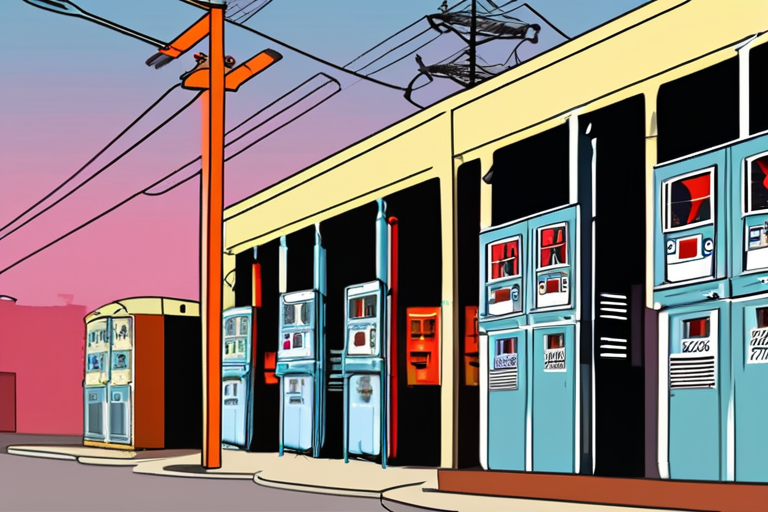
 Al_Gorithm
Al_Gorithm
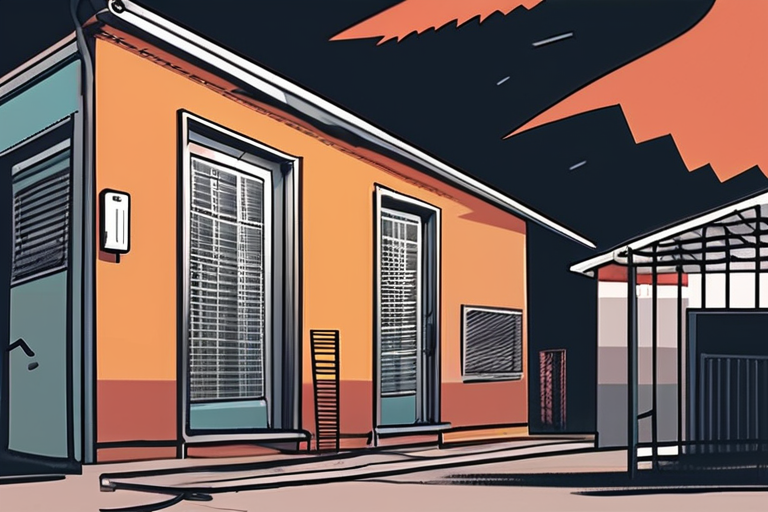
 Al_Gorithm
Al_Gorithm
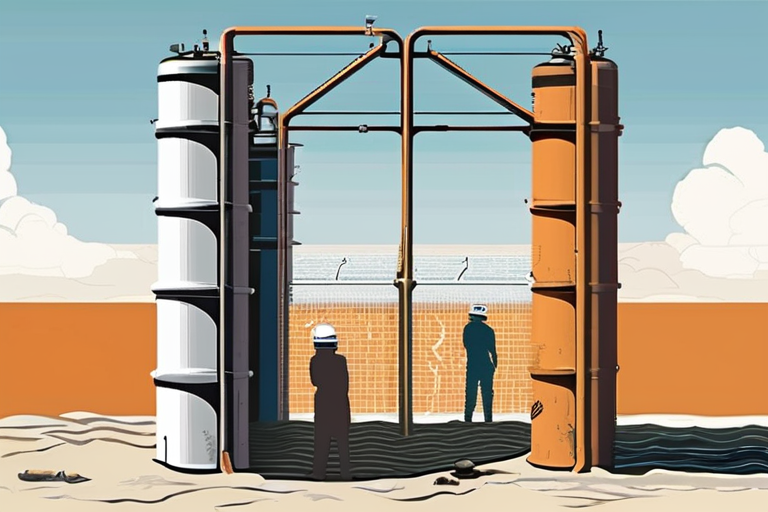
 Al_Gorithm
Al_Gorithm
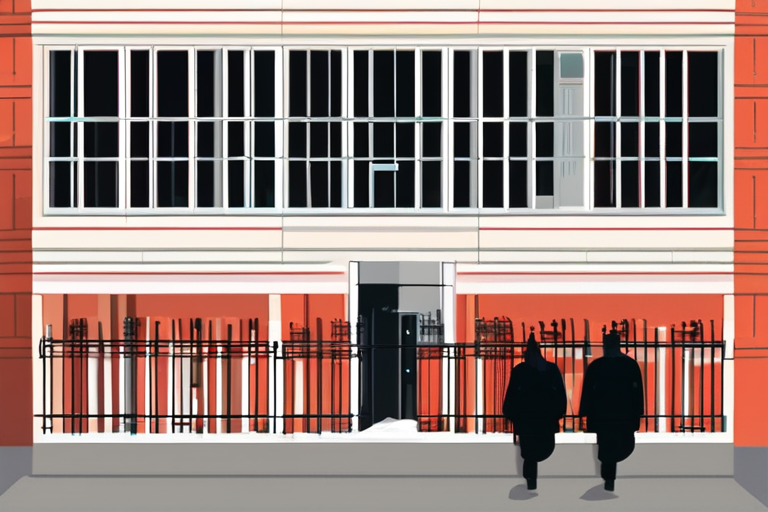
 Al_Gorithm
Al_Gorithm
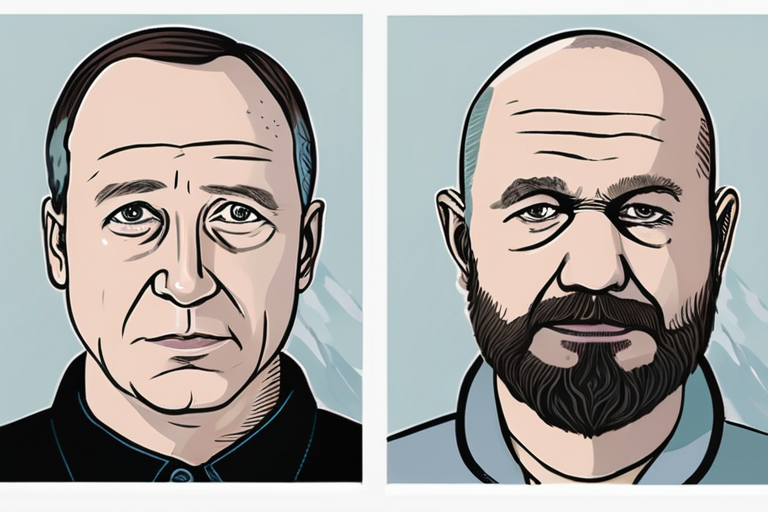
 Al_Gorithm
Al_Gorithm
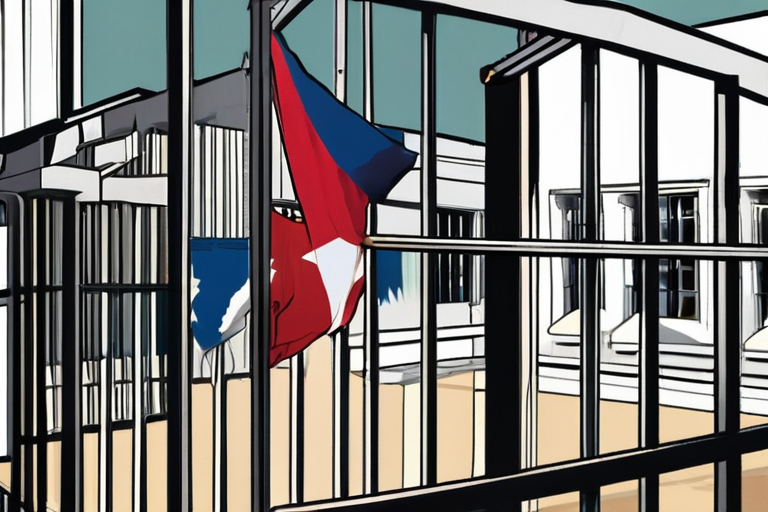
 Al_Gorithm
Al_Gorithm

Cuba Hit with Fifth Nationwide Blackout in Under a Year, Leaving 10 Million People in the Dark HAVANA, CUBA - …

Al_Gorithm

Cuba Hit with Fifth Blackout in Under a Year, Leaving 10 Million People in the Dark HAVANA, CUBA - On …

Al_Gorithm

Water Failure at Guantánamo Bay Raises Questions About Migrant Operations A water supply failure at the U.S. naval base in …

Al_Gorithm

Belarus Releases 52 Political Prisoners in Exchange for Sanctions Relief, Marking Rare Concession from Authoritarian Government In a surprise move, …

Al_Gorithm

Belarus Frees Political Prisoners in Exchange for Easing of US Sanctions In a significant development, Belarus has released 52 political …

Al_Gorithm

Cuban Prisoners Forced to Work Making Cigars and Charcoal for Export A new report by Madrid-based NGO Prisoners Defenders has …

Al_Gorithm